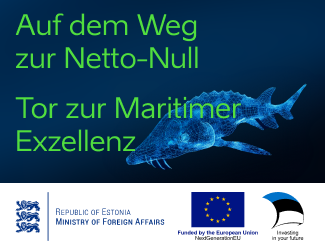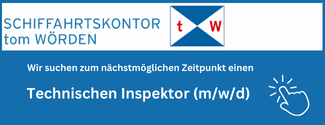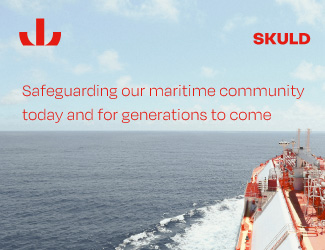The Corona pandemic posess a challenge to the salvage industry, too. Kieran Hopkins,
Vice President at Germany-based brand Marine Consultants talks to HANSA about potential consequences, the disappearance of Ardent and the market condition
What is the »hot topic« in the salvage business from your point of view?
Kieran Hopkins: At the[ds_preview] moment, the hot topic in salvage must be the significant challenges that come from the huge global shutdown in travel. Like many other industries, salvage is globalised, with the major participants pulling in specialist personnel and equipment from around the world for the majority of their projects. At the outset of the pandemic contractors were on-site at various locations. Obviously, we need to assess each situation individually, but a number made special logistical arrangements including chartering aircraft in order to repatriate the team. So far, we have not seen the current restrictions materially hamper the salvage response to a new casualty. But, in my opinion, if the current restrictions remain, then there is real likelihood that we will see a serious marine casualty made worse by the inability of specialist personnel to attend the site quickly.
Do you see any problems arising from the use of alternative fuels?
Hopkins: Certainly, the use of gas as a fuel brings some additional challenges in a casualty case. A ship carrying any type of alternative fuel, either as cargo or as a fuel source definitely provides a very challenging and complex task. Our team have been engaged on various cases involving gas as cargo. It is a question of knowledge when it comes to gas or LNG.
What effect does ship size development have on your business?
Hopkins: For us, the size of the ship impacts on the demands of our personnel. Potentially on a project we would need more resources, including our available specialists, with increased logistical challenges when we are considering modern large vessels. I would say that the biggest personnel challenges come with large container ship casualties. In those cases, the challenges are magnified. There are numerous different areas that could need detailed attention and utilise more man hours than say a tanker or bulk carrier. For example, evaluation of any dangerous goods, assessing potential claims, or handling of any waste can be very time consuming. Particularly with the increase in size of container ships, the complexity increases significantly.
The question of the available salvage equipment to handle large modern ship casualties is always an interesting discussion. I believe that by now the knowledge and understanding of how to deal with modern large casualties is well developed. The required time for mobilisation of larger salvage equipment from across the globe is one of the major potential issues. For example, there are only a handful of floating cranes around the world capable of removing containers from a large modern container vessel. Salvage of very large vessels will continue to be handled with equipment that is available in the market, on an adapt and make-do basis, we will always find a solution.
What are currently the biggest commercial challenges?
Hopkins: In the instance of large or complex casualties, the financial outlay of the salvor can be huge. There are a limited number of contractors with the necessary resources and of those, only a few have management teams with the appetite to work with such significant cash outlay in the early stages of the project. There are always different options to deal with that challenge but the higher the figures involved, the fewer the realistic options available.
What is your opinion of the current market situation and the competition?
Hopkins: Right now, like many other industries, the salvage industry is largely in a period of enforced hibernation. There are a few jobs ongoing, but several projects are suspended until the situation improves. In a word, I believe it’s tough for pretty much all of the contractors and service providers in the salvage and wreck removal market. Add to that, the sharp and huge downturn in oil and gas activity and you have quite a poor outlook currently. At least for the medium term, it seems that lower consumer demand for goods and material from overseas as well as a steep decline in tourist journeys is ultimately going to mean a drop in vessel movements globally. Generally we expect this to lower the likely demand on salvage type of services and will undoubtedly put more focus on the cost of any salvage operations. Competition in the market is already fierce. I don’t expect that to change any time soon.
Ardent will disappear from the market, do you expect more consolidation?
Hopkins: Sadly, it seems that to all intents and purposes Ardent are no longer a feature in the salvage & wreck removal industry. It’s a big shame to see the history of Sivtzer/Wijsmuller & Titan Salvage leave the industry. Ardent had some great people that live and breath the salvage business, maybe they will find a way back, I would be happy to see it. In my personal view, I don’t see any further consolidation for a while. The participants that are left have shown themselves to be either smart or resilient or both! Even so, potentially there are one or two that I expect will find it very difficult to survive if the current situation is prolonged. Overall though, my view is that the market is just about as consolidated as it can get for the time being.
Interview: Michael Meyer
















